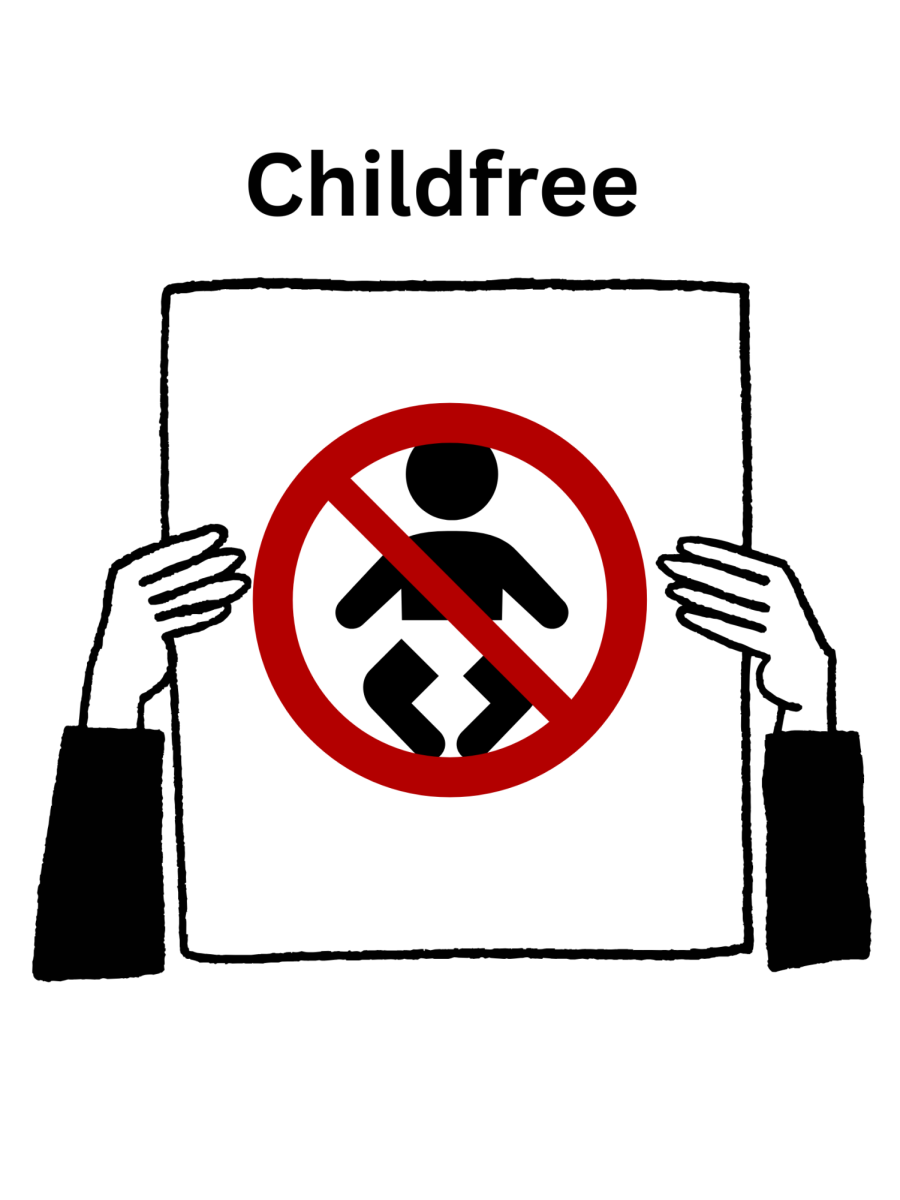Washington D.C. experienced a tragedy when a shooter now identified as Aaron Alexis, a former Navy reservist and current contractor, opened fire on the Washington Navy Yard. Sadly, the possibility exists that the entire scenario could have been avoided.

Aaron Alexis,34, (shown left) holds a shotgun as his rampage in a Navy yard shooting kills 13 and wounds 13 more on Mon Sept. 16.
After the news reports trying to get proper information out to the public had calmed, multiple investigations into the shooter’s background discovered that Alexis had experienced a history of mental problems in the past. According to an article by National Public Radio, the Navy had been warned previously that Alexis was “hearing voices” and feared that “some sort of microwave machine” was being used to track him and keep him from sleeping.
Alexis’ clearance to enter the naval base was a standard one. Labeled a “secret” clearance (markedly differing from a “top secret” clearance in that secret clearances are much more common) it involves a rudimentary background check. The subcontractor that conducted the checks reported that nothing was found aside from a small traffic violation. More than one post investigation however, found multiple arrests since 2004, one of which included Alexis’ admittance to hearing voices.
While the apparent incomplete nature of the background checks is one problem on its own, the at least partial dismissal of the warning given by Rhode Island police is unacceptable. Psychological trauma is something that needs to be addressed in order to make progress.
“People don’t take it seriously enough,” said Psychology major Hayley Roach on the subject. “If someone is that obviously in mental distress, they need to see a mental health professional. Ignoring obvious signs like his leads to tragedies like this one.”
Whether the psychological issue is minimal or extremely grave, a lack of proper treatment, or lack of admittance that there even is a problem can push a person over the line. Junior pre-med student Archna Patel is slightly more hopeful though.
“As far as our ‘current social view,’ I think we’re getting better. But for certain high risk areas with high risk people like this man in the Navy, we need to be more cautious because this is a disease that can’t be seen, but can be very dangerous for everyone around the affected person.”
The point that psychological illness is less visible than others holds especially true after this tragedy. Only in extremely dire cases are the individual’s problems telegraphed through actions, and by that point, they are most likely past the point of social acceptance.
The common practice when somebody sees another person showing symptoms of a psychological disorder is to completely ignore that person, sometimes to the point of acting as though they don’t exist. This promotes not taking psychological issues seriously. If we hope to have any positive effect on the state of psychological illness in our country though, stigmas about these public health issues need to stop, or at the very bare minimum, become less severe.
If somebody says they’re having violent thoughts, the first course of action should not be to end the conversation and ignore them entirely. Encourage them to get professional help.










panos48 • Oct 3, 2013 at 6:16 am
Reblogged this on http://www.southweb.org